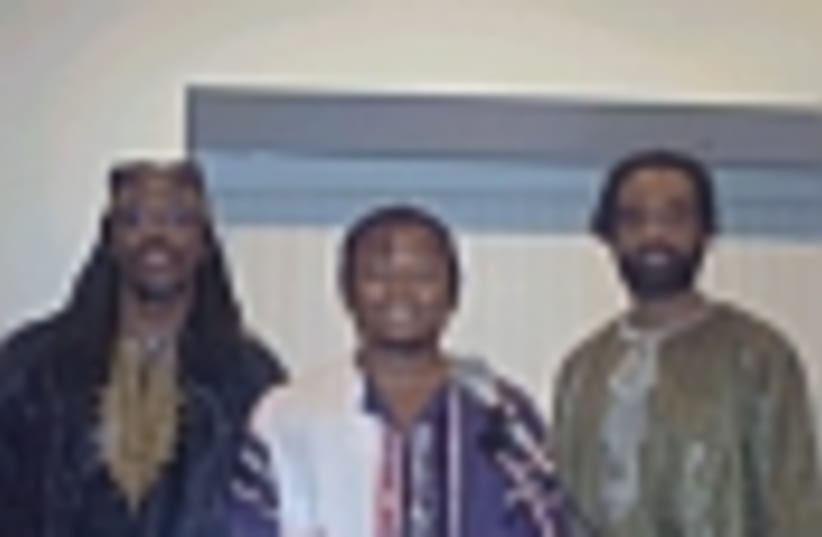| More about: | Mark Thompson, Ziva David, United States, Beersheba |
Let's make a deal (or not)
Ephie Cohen's story raises questions not only about the Hebrew Israelite Community in Dimona, but also about the way the United States runs investigations in foreign countries such as Israel.
